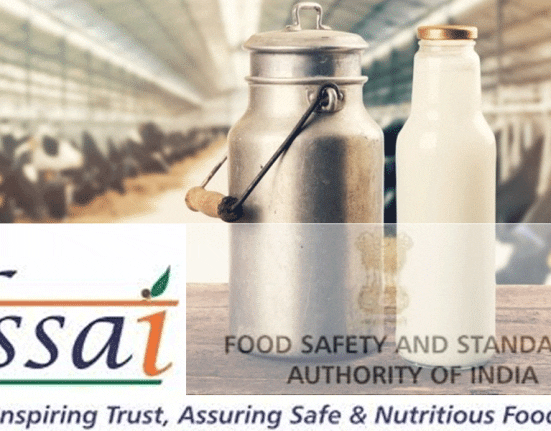Guwahati: For the last three years, the state food safety laboratory has found more than 26% of the milk and milk product samples supplied by the unorganised sector in the city, posing serious threats to public health.
A senior official of the State Public Health Laboratory on Tuesday told TOI the reason behind most of the milk products being found adulterated is that a large segment of the businesses associated with milk runs in an unorganised way.
The official said, “Although there are a few companies in the state who deal with packaged milk, which goes through different scientific stages to ensure zero adulteration, a large chunk of the milk sold in the state comes from the unorganised sector. Even the govt has no data at what extent the unorganised milkmen are operating in the state. They run without having any certification from the authorities concerned, as a result the adulteration is witnessed more in milk and milk products compared to other food items.”
While some of the samples, which included milk from unorganised milkmen and some sweet shops, were tested in a routine manner by “Food Safety on Wheels” (FSW), which are mobile food-testing laboratories of the state laboratory, some were done based on complaints received from citizens. FSWs have equipment to run basic tests mainly on milk and milk products, oil, and packaged fruit juices. Once any sample is found adulterated in an FSW, a regulatory sample is sent to the state laboratory, and if found adulterated again, legal actions are taken against the perpetrators.
The official added that the main adulterant used in milk is water, to increase the volume of the milk in order to avail commercial gain. “The impact of adulterated milk on public health depends on the quality of water used in adulteration. If common water is being used there might not be any adverse effect. However, if contaminated water is used, that might lead to food-poisoning, gastro-intestinal diseases among others in the consumers,” the official said.
At present, the state food laboratory has 23 FSWs across the state, 17 of which were newly added in February this year.
Source: TOI.







